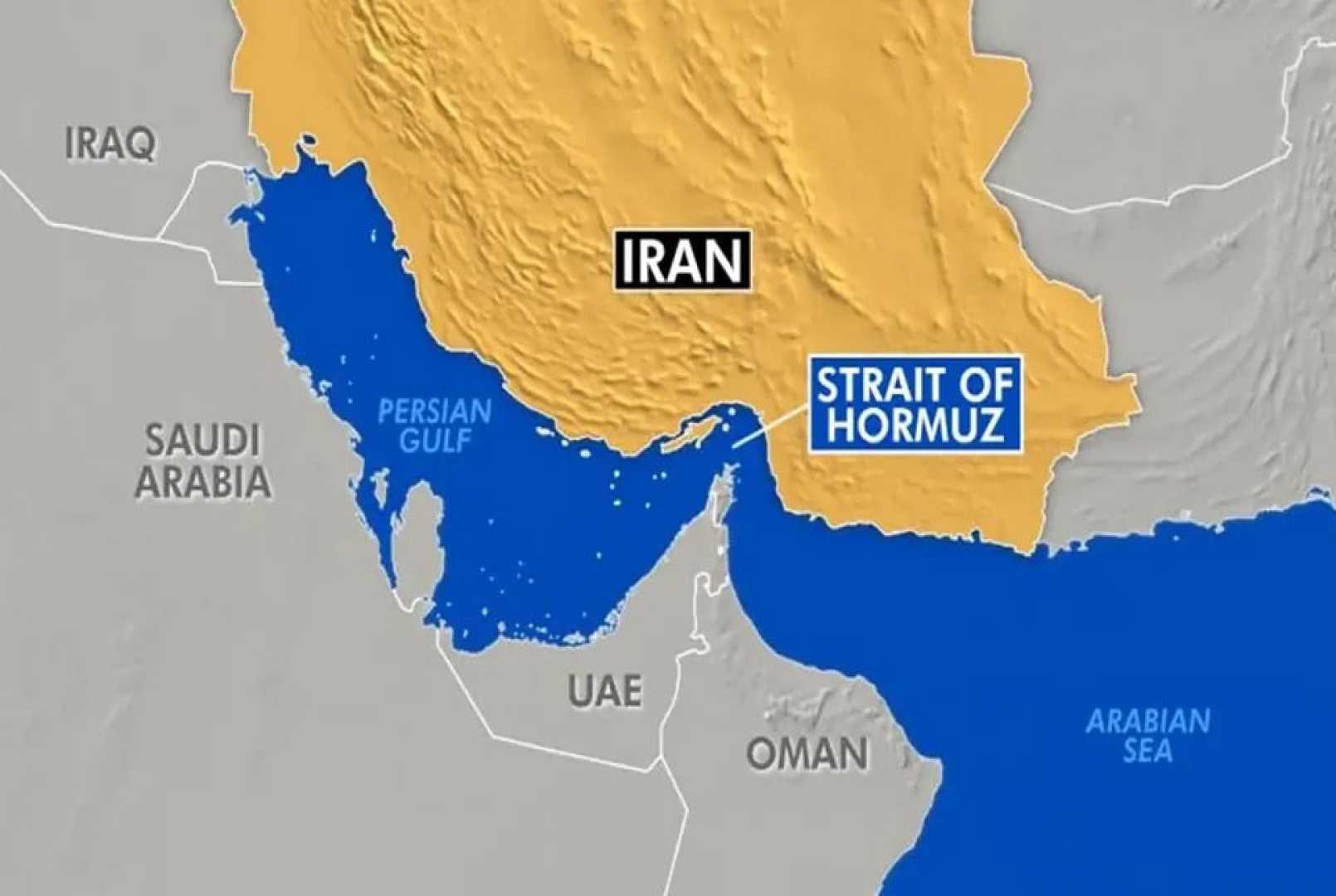World
Iran Considers Closing Strait of Hormuz Amid Israel Conflict

TEHRAN, Iran – The possibility of Iran closing the Strait of Hormuz has come to the forefront amid escalating tensions with Israel. Esmail Kosari, head of Iran’s parliamentary defense committee, stated that this option is being seriously considered following Israel’s recent military operations targeting Iranian interests.
The Strait of Hormuz, a crucial waterway for global oil shipments, spans approximately 20 nautical miles at its narrowest point and is vital for energy exports from the Persian Gulf. Kosari, who is also a brigadier general in the Islamic Revolutionary Guard Corps (IRGC), emphasized this stance through remarks received by various news outlets.
Despite these concerns, the Joint Maritime Information Center (JMIC) based in the United Kingdom reassured that current commercial traffic through the waterway remains unaffected. “At the time of this writing, no impact to shipping has been reported,” said Nils Haupt, a spokesman for a maritime security firm.
Iran has long threatened to disrupt maritime traffic in times of heightened conflict, employing naval mines and other tactics. These could potentially affect shipping, which constitutes a significant portion of the world’s oil supply. Closing the Strait could lead to immediate increases in global oil prices, further impacting worldwide economies.
Nautical experts suggest that if Iran were to lay mines, the task of clearing them could take weeks or even months, especially under hostile conditions from both air and naval attacks. “Finding and clearing naval mines is an arduous process that presents significant risks,” stated an expert familiar with such operations.
Iran has substantial capabilities in its naval forces, including attack craft and submarines, which could further complicate any attempt to maintain freedom of navigation in the waterway. This situation raises questions about whether Iranian forces would execute threats against international vessels, particularly amid tensions with Israel.
The consequences of closing the Strait could provoke responses from the United States and Gulf Arab states, which maintain strategic ties to the maritime interests in the region. Iran’s past experiences, particularly during the Tanker War of the 1980s, highlight the risks of such aggressive actions, which could lead to foreign military interventions.
“China does not want the flow of oil out of the Persian Gulf to be disrupted in any way,” said Ellen Wald, president of Transversal Consulting. “They’re going to bring the full weight of their economic power to bear on Iran.”
The coming days could prove critical as the geopolitical situation develops, potentially culminating in a series of international reactions based on Iran’s next steps and its capability to execute such a threat against the Strait of Hormuz.












